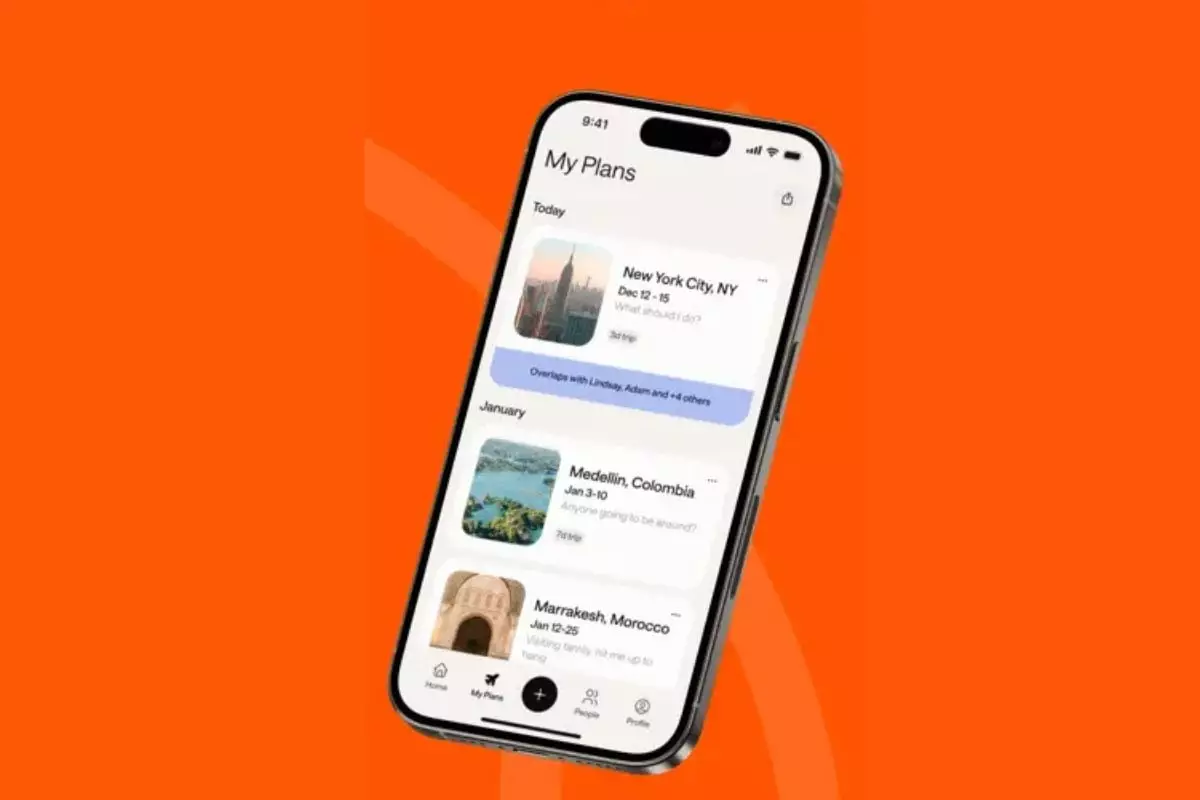In a world dominated by traditional social media platforms like Facebook, Instagram, and Twitter, Mozi emerges as an unconventional alternative aimed at enhancing real-life connections. Launched recently on iOS, this innovative social app distinguishes itself by focusing less on content dissemination and more on genuine human interactions. While conventional platforms encourage users to broadcast their lives to strangers, Mozi seeks to connect users with people they actually know, fostering deeper relationships in a private and secure environment.
Mozi’s founder, Ev Williams, intends to tackle some of the inadequacies prevalent in mainstream social media today. By eliminating features such as public profiles, follower counts, and the ability to post multimedia content, Mozi strives to create a space where the primary focus is interpersonal connectivity rather than content proliferation. The distinctive aspect of Mozi lies in its ability to inform users when they will be in proximity to friends—be it in the same city or at specific events. This feature is designed to facilitate spontaneous meet-ups and encourage users to engage with their social circles in real-world scenarios.
The proposition reflects a significant shift from the social media norms that have dominated the digital landscape. Instead of competing for likes and followers, users are guided toward strengthening their connections with people who matter most to them. This approach resonates with a growing segment of the population seeking authenticity over the curated, often superficial interactions present on traditional platforms.
As Williams notes, Mozi serves multiple functions beyond simple connectivity. One notable application involves assisting users in making social decisions regarding attending events. When multiple activities are happening concurrently, users can view which events their friends plan to attend. This insight not only aids decision-making but also promotes a sense of community, as it encourages group attendance and shared experiences.
The app’s early engagement has shown promising results, as Williams reported positive feedback from the users during a soft launch that targeted a smaller community. This initial reception highlights users’ desires to reconnect with their social circles and plan outings in a more organized manner.
In an era where digital privacy concerns are paramount, Mozi significantly prioritizes user control over personal information. Unlike mainstream social media architectures that often monetize user data through advertising and third-party sharing, Mozi maintains a degree of anonymity. Users cannot create public profiles, and any communication is limited to verified contacts—primarily through phone numbers. This structure engenders a more personalized experience, as it minimizes the risk of unwanted interactions and enhances feelings of safety among users.
Further reinforcing privacy is Mozi’s ability for users to tailor their experiences by marking certain plans as visible to “close friends” only. This provides a layer of exclusivity to their social planning and ensures that only trusted individuals are privy to significant events or gatherings.
Currently available only on iOS, Mozi is actively working toward expanding its reach to Android users. A waitlist has already been established, promising a broader user base in the near future. As more individuals discover Mozi’s distinct take on social interaction, there is hope that it will attract a diverse audience longing for an alternative to the mainstream noise associated with conventional social media.
Williams’s vision for Mozi positions it as a necessity in a saturated digital landscape. By advocating for a return to meaningful connections and person-to-person interactions, he aims to shape the future of social applications. In an age where it’s all too easy to trade depth for breadth in our relationships, Mozi stands out as a refreshing approach, one that emphasizes quality time spent with quality people.
Mozi holds promise for a demographic increasingly disillusioned with traditional social media. By centering on real-life connections and prioritizing user privacy, it advocates for a new paradigm that could revolutionize how we perceive and engage with social platforms.

